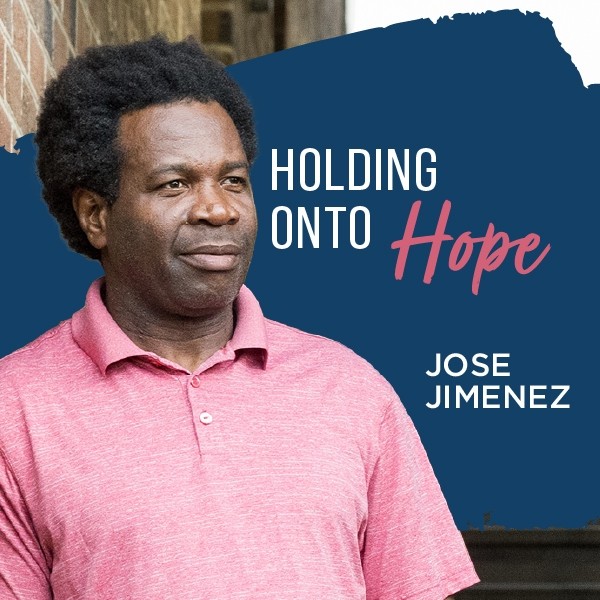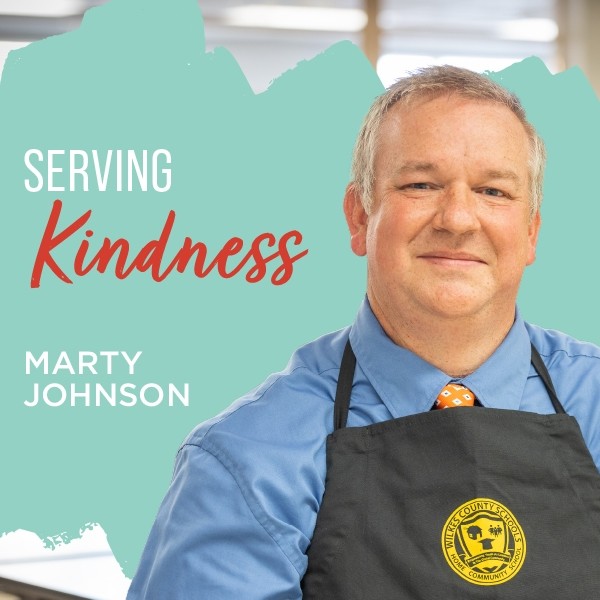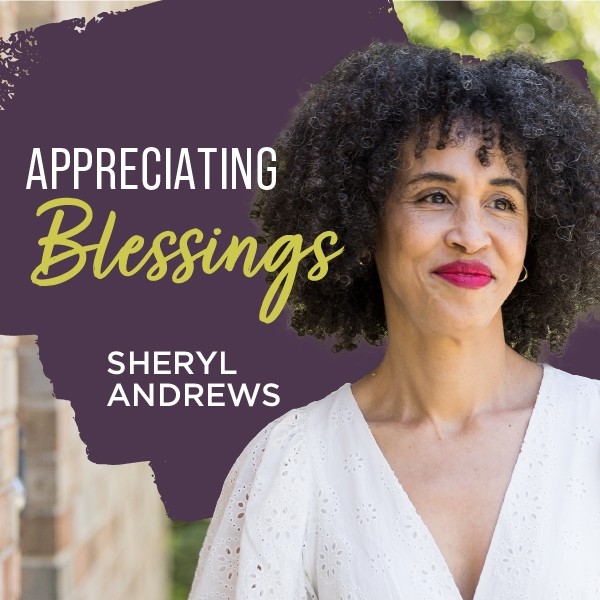With a biochemistry background and medical school on the horizon, Furman University student Madelaine (Maddie) Tedrick thought talking about vaccines with individuals experiencing homelessness seemed an ideal learning opportunity. So she applied to be a part of Interfaith America’s Faith in the Vaccine Ambassadors (FIVA) initiative, facilitated by Furman University’s Institute for the Advancement of Community Health and the Office of Spiritual Life.
FIVA worked with colleges and faith communities in the Carolinas to reach Black, Latino and Indigenous people hesitant about COVID-19 vaccines. The goal: to build trust and faith in the vaccines.
Maddie thought she would share facts and people would change their minds. She quickly found out that wasn’t the case.
“We were engaging with a population that feels left out and lacks trust in the health care system,” she said. Nonetheless, she showed up every weekend at Triune Mercy Center, a non-denominational church in downtown Greenville, South Carolina, that provides access to emergency and social services for individuals experiencing homelessness.
Hoping to draw people in, Maddie brought a bowl of candy with her each week as she sat next to a sign that read, “Come talk to us about the vaccine.” Most of the time, people would grab a piece of candy and leave. Eventually, they started talking.
Maddie ultimately realized that to get people to reconsider their beliefs, facts alone wouldn’t work.
“I learned to meet people where they were, and to push them only as far as they were comfortable,” she said. “I was able to ask them thought-provoking questions and get them talking about a subject in which they held strong opinions. It’s a lesson I’ll carry with me as I begin my training to become a doctor.”
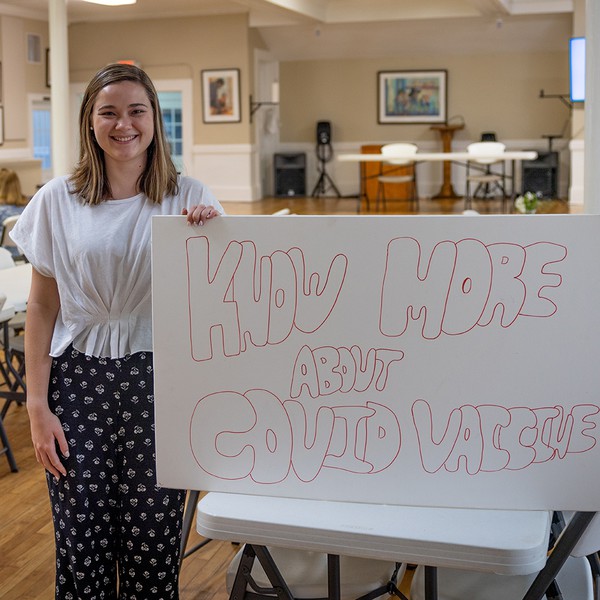
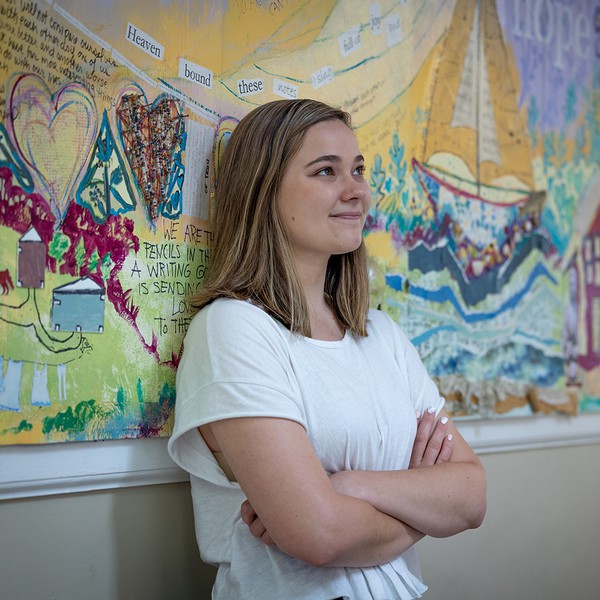
Photo Credit: Amplified Media

LESSONS ON RESILIENCE
See more stories of individuals who are overcoming the new and evolving challenges of COVID-19 to serve and strengthen their communities.
Read Stories